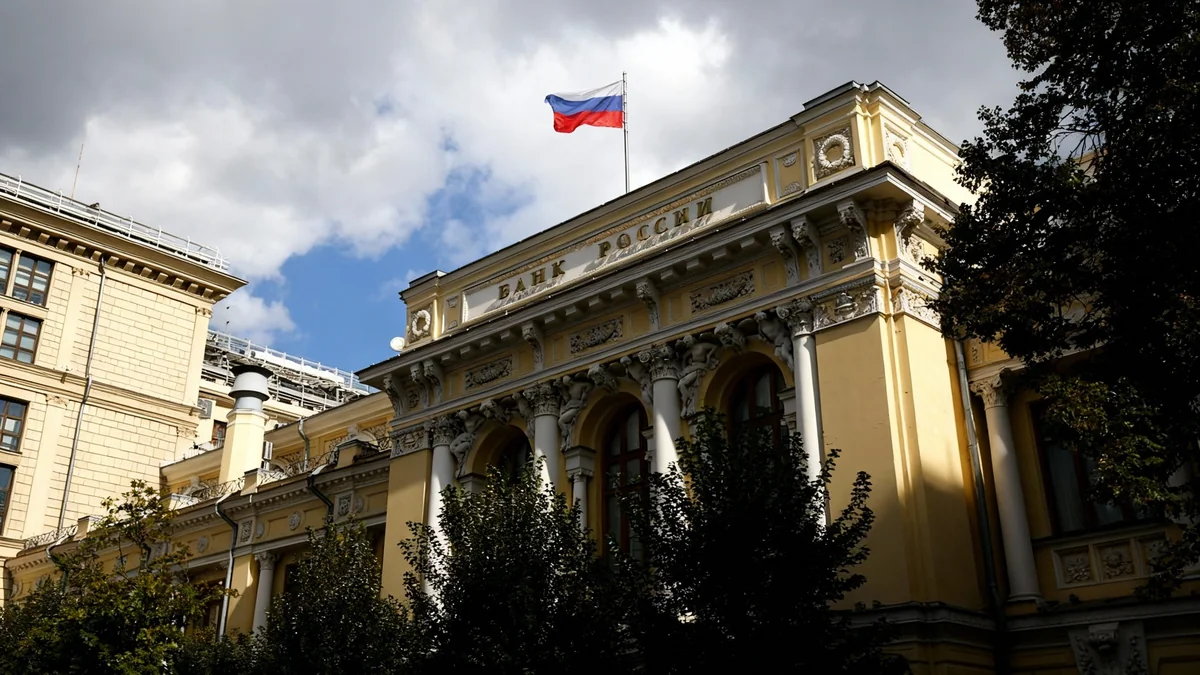Digital currencies are increasingly becoming a critical tool in global geopolitics, reshaping financial strategies during conflicts. A recent commentary in a prominent Communist Party publication highlights how nations are leveraging digital assets to navigate international sanctions and secure economic stability.
The article, published in Study Times, the official newspaper of the Central Party School, argues that digital assets offer new options for financial warfare and defense, moving beyond traditional economic instruments.
Key Takeaways
- Digital currencies are seen as a strategic asset in geopolitical conflicts.
- Nations may use them to bypass sanctions and ensure economic stability.
- Both central bank digital currencies and private cryptocurrencies are under consideration.
- The US Pentagon is exploring blockchain technology for defense applications.
The Rise of Digital Assets in Global Conflicts
Digital currency is proving to be a disruptive force in international relations. It fundamentally alters how countries manage their financial operations during times of tension or conflict. This shift is particularly evident in recent geopolitical events where traditional financial systems faced significant pressure.
The commentary in Study Times emphasizes that these digital tools provide new ways to mobilize resources. They also help maintain economic stability when conventional financial channels are disrupted or targeted by sanctions.
Fact Check
Digital currencies include central bank digital currencies (CBDCs), which are pegged to fiat money or commodities, and private cryptocurrencies like Bitcoin, which utilize blockchain technology.
Digital Currency's Military Applications
Xue Zichen, the author of the commentary, points out that digital currencies have already entered the realm of military applications. He notes their ability to facilitate fast, secure, and anonymous transactions. These features lay the groundwork for what he terms the 'militarisation of digital assets.'
This development suggests a future where financial operations during wartime could be significantly different from historical models. The focus shifts towards decentralized and harder-to-track financial mechanisms.
"In multiple global geopolitical conflicts in recent years, digital currencies have begun to enter the realm of military applications, providing fast, secure and anonymous transaction features that lay the foundation for the militarisation of digital assets," the article states.
Bypassing Sanctions and Ensuring Stability
One of the most compelling aspects of digital currencies in a geopolitical context is their potential to circumvent international sanctions. Countries facing economic restrictions could use these assets to conduct trade and secure necessary goods and services without relying on traditional banking systems.
This capability offers a lifeline for economies under pressure, allowing them to maintain critical imports and exports. It could also enable the transfer of funds for humanitarian aid or military support in ways that are difficult to block.
Background Information
The concept of a 'currency war' has traditionally involved nations devaluing their fiat currencies to gain trade advantages. Digital currencies introduce a new dimension, potentially allowing nations to bypass the existing global financial architecture entirely.
The Role of Blockchain Technology
Blockchain technology, the underlying system for many digital currencies, is central to these new applications. Its decentralized and immutable ledger system provides a level of security and transparency that can be beneficial in certain financial operations, even while offering transactional anonymity for users.
The transparency of the ledger, combined with the anonymity of participants, creates a complex dynamic. This makes it a powerful tool for states looking to operate outside conventional financial surveillance.
- Blockchain offers enhanced security for transactions.
- It provides a decentralized network, reducing single points of failure.
- Transaction records are immutable, increasing trust in data integrity.
US Response and Future Strategic Tools
The commentary also highlights that the United States is recognizing the strategic importance of digital assets. Xue Zichen specifically mentions the 2025 US National Defense Authorization Act.
This act authorized a Pentagon initiative known as the Defence Blockchain Internal Testing Programme. This program indicates that the US military is actively exploring how digital currencies could serve as a significant strategic tool for future financial defense.
The Pentagon's interest underscores a global acknowledgment of digital currencies' growing role. It suggests a future where financial defense strategies will integrate blockchain and digital asset capabilities alongside traditional military planning.
Global Implications and Diplomacy
The increasing militarization of digital assets will likely have profound implications for global diplomacy and international relations. Nations may need to reconsider existing treaties and financial agreements to account for these new capabilities.
The ability to conduct financial operations outside traditional frameworks could lead to new forms of economic leverage and counter-leverage. This development will require careful diplomatic engagement to manage potential escalations and maintain global financial stability.
The conversation around digital currencies in a military context is evolving rapidly. It signals a new era where financial technology is as crucial as conventional weaponry in securing national interests.





